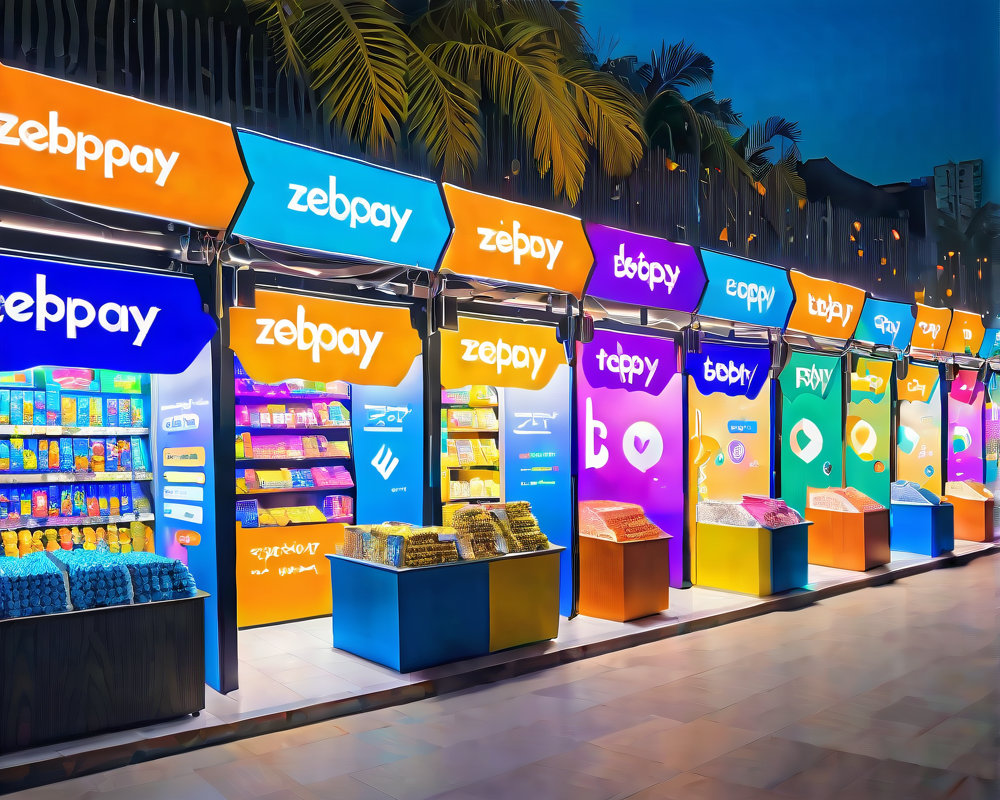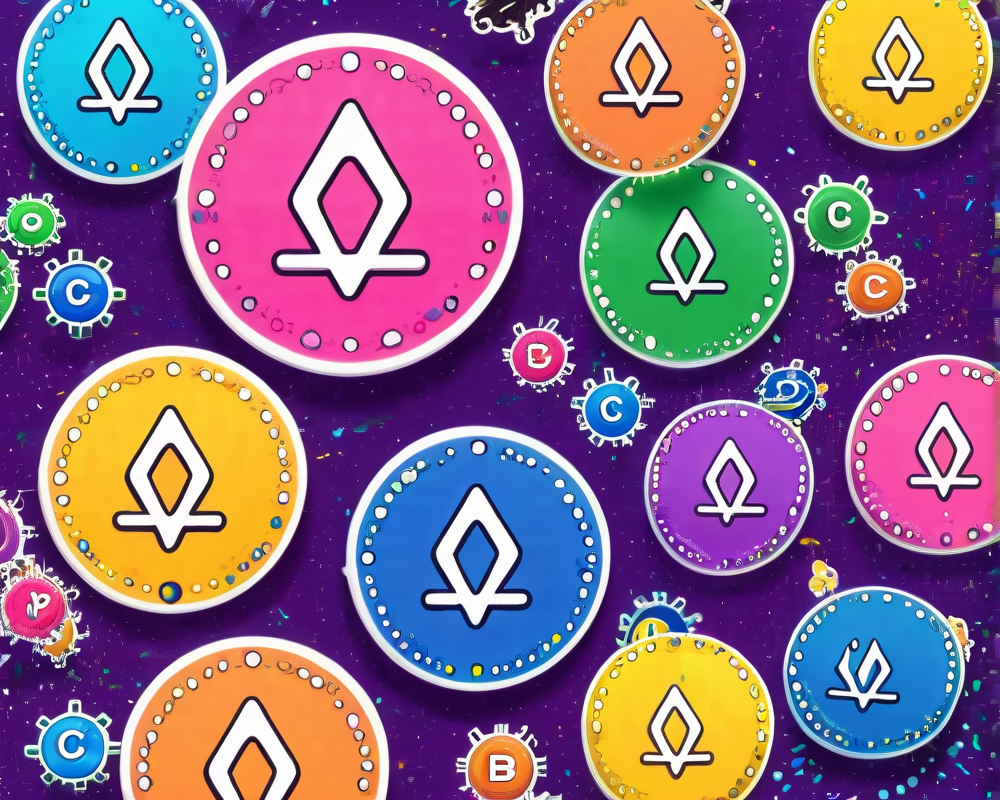Unpacking MetaShield: The NFT Community Responds
Magic Eden’s unveiling of MetaShield has stirred the pot in the NFT universe, igniting a spicy debate over creator rights versus collector freedoms. Launched on September 12, this tool was designed to help NFT creators flag and obscure NFTs sold without their royalties intact. But as with any good drama, opinions varied widely across the Twitterverse.
The Stand-off: Creators vs. Collectors
At the heart of the controversy lies a classic struggle: Should NFT marketplaces uphold creator royalties or adjust fees to lure in budget-conscious buyers? While some believe that artists deserve protection, others argue that exorbitant fees might chase new collectors away. It’s like watching a soap opera unfold, but with more blockchain jargon.
The Defense of a Tool
In a series of eight tweets, Magic Eden took to the digital stage to clarify their stance. They argued that many hardworking creators were facing unjust consequences due to “custom” royalty marketplaces. Their intent, they asserted, wasn’t to punish buyers but to empower creators—a notion akin to giving a mouse a cookie, really. They might just keep asking for more tools!
Community Perspectives: A Mixed Bag
The response from the community has been a delightful mixture of support and skepticism. One Twitter user likened the MetaShield to a clampdown on decentralization, suggesting this new feature might discourage creators from minting. Meanwhile, other voices in the crowd welcomed the insurer of creativity, praising Magic Eden for taking a stance on creator rights.
Voices of Concern
Concerns were raised over how innocent buyers might be affected by a shielded NFT. Some feared the potential for unintended penalties, where a well-meaning collector could become an unsuspecting pawn in the game of royalties. After all, in the tumultuous waters of NFT transactions, there’s nothing worse than swimming with a shielded fish.
What the Other Marketplaces Are Saying
Interestingly, not all portals share Magic Eden’s fervor for enforcing creator royalties. The marketplace Sudoswap chose a buyer-friendly route, opting to keep things simple with only platform fees. Meanwhile, it’s clear that marketplaces have a choice—because every transaction is a negotiation, and every buyer is a potential advocate.
On the Topic of Royalties
Langston Thomas from nft now highlighted an important realization: even with smart contracts in place, it’s the marketplaces that control the cash flow. So if the chain of royalty payments doesn’t continue beyond the initial sale, those rights can end up on a milk carton labeled ‘missing.’
The Conclusion: A Necessary Experiment?
So, the question remains: Is Magic Eden’s MetaShield a necessary experiment for protecting creators, or is it just adding more layers to an already convoluted landscape? As they themselves stated, “It might not be perfect, but it provides an option for creators.” At the end of the day, only time will tell if MetaShield will emerge as the superhero or the supervillain of the NFT realm.



